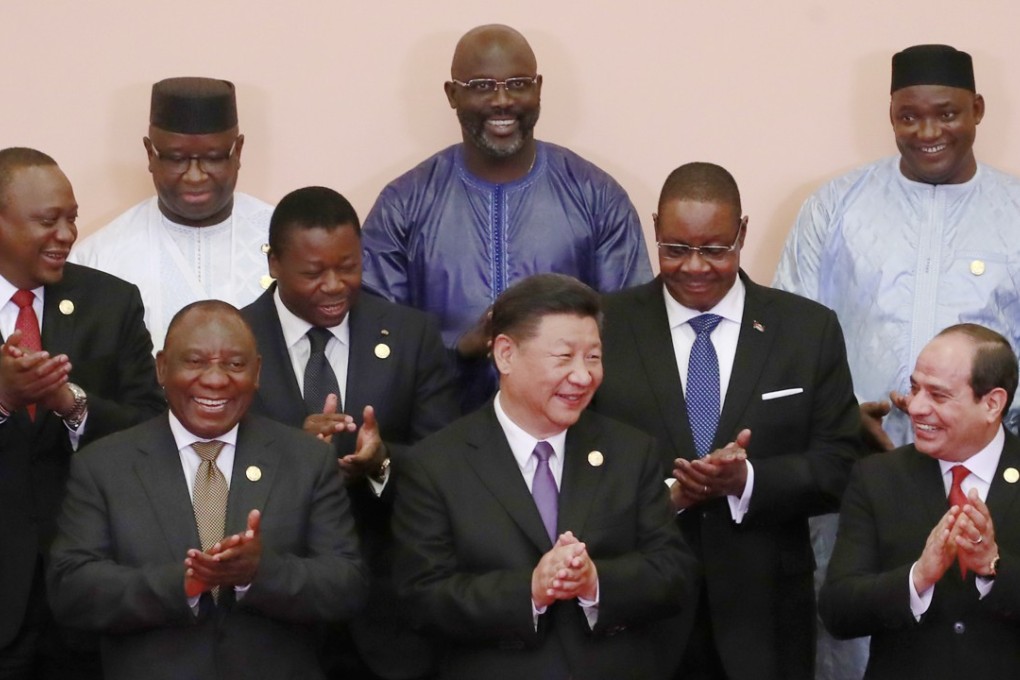The View | Why the billions China is pouring into Africa might not be smart money
Richard Harris says China is lending and pledging billions to Africa, to ensure its access to cheap resources and extend its influence. But Africans are wise to the situation and the Chinese might not really benefit from their investment

Ten years ago, I made a sentimental journey back to my old school in Zimbabwe. We hired a car and a driver in Victoria Falls and headed for the Chobe Game Park in Botswana.
At the border I asked the driver, in a self-conscious and faintly patronising manner, about the almost new, barely worn clothes that we had been asked to bring poor Zimbabweans. “They were all OLD!” he said, hardly hiding his disgust at our 100 per cent cotton Marks & Spencer shirts. “But they are better than the Chinese rubbish; they fall apart in the first wash!”
Africans are no longer the soft touch they once might have been. They know the cost and the value of everything and are more than able to make highly educated choices. The United States remains the biggest investor in Africa but China is catching up. The China Africa Research Initiative of Johns Hopkins University calculates that China is also a major creditor, having lent US$136 billion to Africa since 2000.
Chinese businesses are fast acquiring raw materials, farmland, and influence unencumbered by worries of corruption, waste, and environmental damage. African leaders themselves are keen on low-cost foreign investment in roads, railways and reservoirs. Foreign cash speeds up development and creates jobs.
